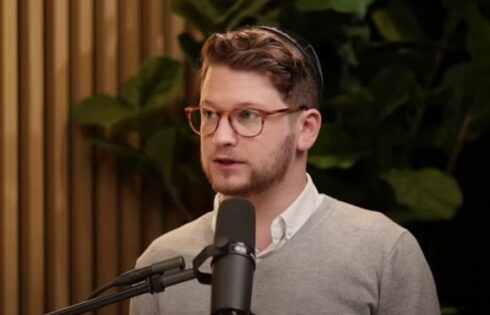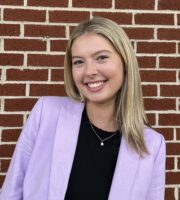
Program draws concerns about ‘divisive’ rhetoric, ‘politiciz[ing] medicine’
A medical residency program at the University of California Irvine is training students to become “physician-activists” to combat “social determinants” in the Latino community.
However, some medical and legal experts expressed concerns about the public university program “politiciz[ing]” medicine.
The mission of the five-year UCI Program in Medical Education for the Latino Community, or PRIME-LC, is to “create leaders and physician-activists who will work in underserved Latino communities” to close the “healthcare gap,” according to its website.
Medical students participating in the program take courses in Chicano-Latino studies that examine “social determinants,” including the influence of “history, culture, family dynamics, and spirituality” on health and illness that are “always present” in healthcare.
The curriculum also includes collaborating with community advocacy groups. One took students to the U.S.-Mexico border with Border Angels, a non-profit organization that advocates for “social justice” and works to “defend the rights of migrants and refugees.”
Students also speak to migrant farmworkers about rural healthcare and advocate for “healthcare disparities” at the state capitol, according to the program website.
“I can certainly say that on this campus, and I’m sure it’s true of others, that there’s an increased drive towards social justice as a result of PRIME being there and being leaders on these campuses,” Program Director Dr. Charles Vega stated in a university podcast. “So I think that overall, the future for PRIME is very bright.”
The College Fix contacted the university media relations office and the program office twice for comment, asking for details about the activism training and the role of physician activists post-graduation. Neither responded.
One alumni of the program told The Orange County Register in a recent interview that “cultural competency” is extremely important when doctors make health recommendations.
“Mexican food is at the center of everything for my family,” Carla Vergara told the newspaper. “Unfortunately, some of my family members have cardiovascular disease and weight issues … It’s easy to say, ‘Eat healthier, put some greens in your diet, et cetera,’ but it’s important for doctors to understand how to make recommendations for a healthier lifestyle that mix with a person’s culture.”
MORE: Climate change classes should be ‘mandatory’ in med school, doctor says
However, Do No Harm Senior Fellow Dr. Jared Ross expressed concern with attaching social justice to healthcare.
“This politicizes medicine and moves us further from the Hippocratic oath of taking the best possible care of each individual patient,” Ross told The College Fix in a recent email interview. Do No Harm is a medical organization that advocates against identity politics in healthcare.
Ross, an emergency medical physician and educator, said: “Healthcare should be provided to those most in need, regardless of skin color or ethnicity. UCI should reform its PRIME-LC program to remove this divisive political rhetoric and illegal racist policies.”
The program website links to an article stating 39 percent of California’s population is Latino, but only 6 percent of its physicians are.
“This promotes the false ideology of Racial Concordance, the idea that the best physician for a patient is one with the same skin color or ethnic heritage rather than the most qualified,” Ross said. “While there may be a shortage of physicians serving the Latino community in California, there is no evidence that recruiting Latinos to medical school will solve this.”
A former Department of Education assistant secretary in the Trump Administration also expressed concerns with focusing healthcare around social determinants.
“The concept of ‘social determinants of health’ is often hijacked for leftist activism and narratives of oppression,” Adam Kissel, a visiting fellow at the Heritage Foundation, told The Fix.
“I doubt that this program persuades any med student to become an activist for free markets, even though a free economic system, by and large, has been a ‘social determinant’ of far greater health across the world than government collectivism,” Kissel said.
The physician advocacy program was founded in 2004 by the late Dr. Alberto Manetta, an oncologist and professor at UC Irvine. It “was the nation’s first medical education program focused on Latino culture,” according to his memoriam.
Manetta advocated for the “socioeconomically disadvantaged” Latino community and created the program to meet the “challenges” the Latino community faces, it states.
Since the program began, PRIME-LC has expanded to other University of California campuses, including Davis, San Diego, and UCLA.
MORE: Duke doctor fired after questioning widespread racism claims
IMAGE: wavebreakmedia/Shutterstock
Like The College Fix on Facebook / Follow us on Twitter






Please join the conversation about our stories on Facebook, Twitter, Instagram, Reddit, MeWe, Rumble, Gab, Minds and Gettr.